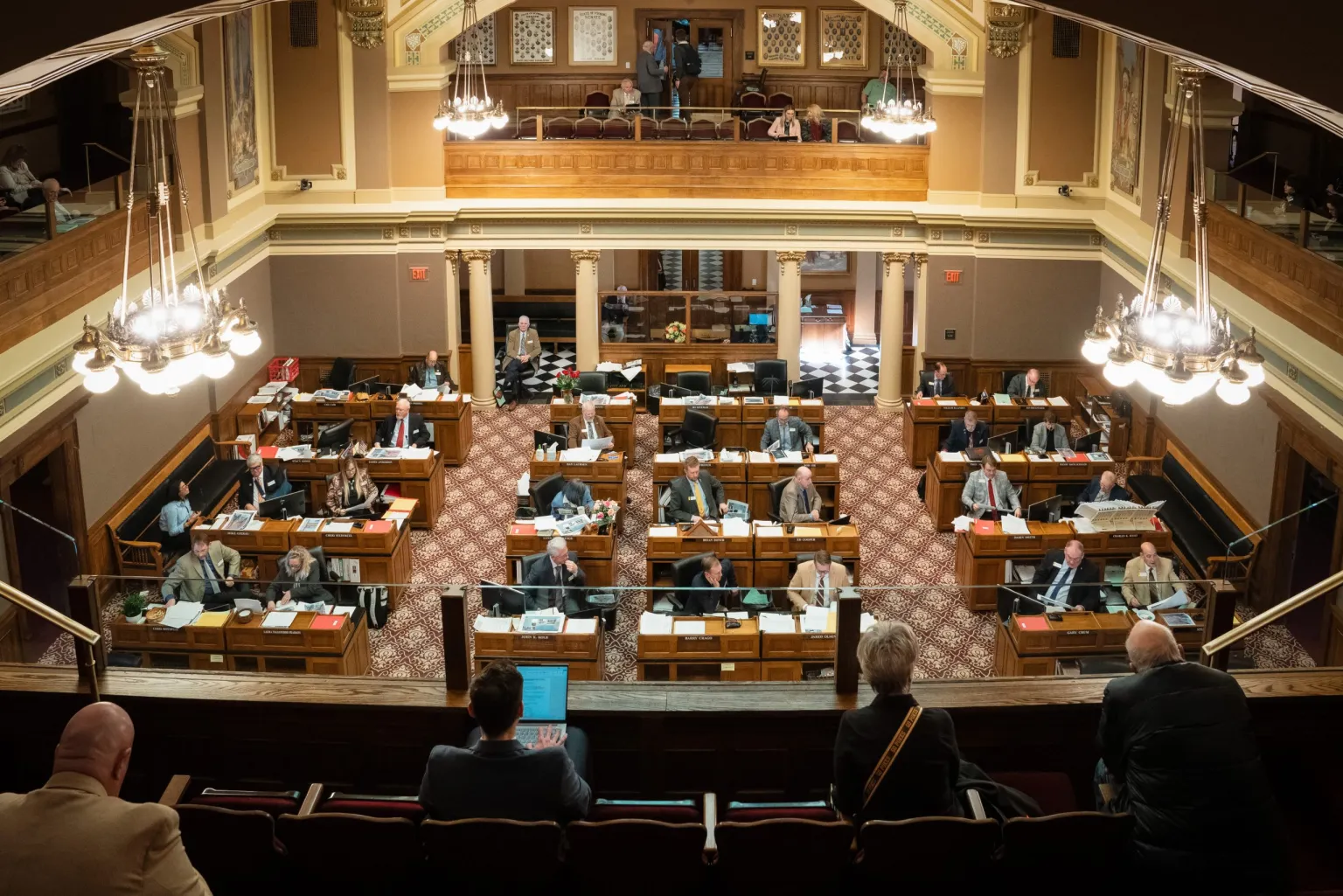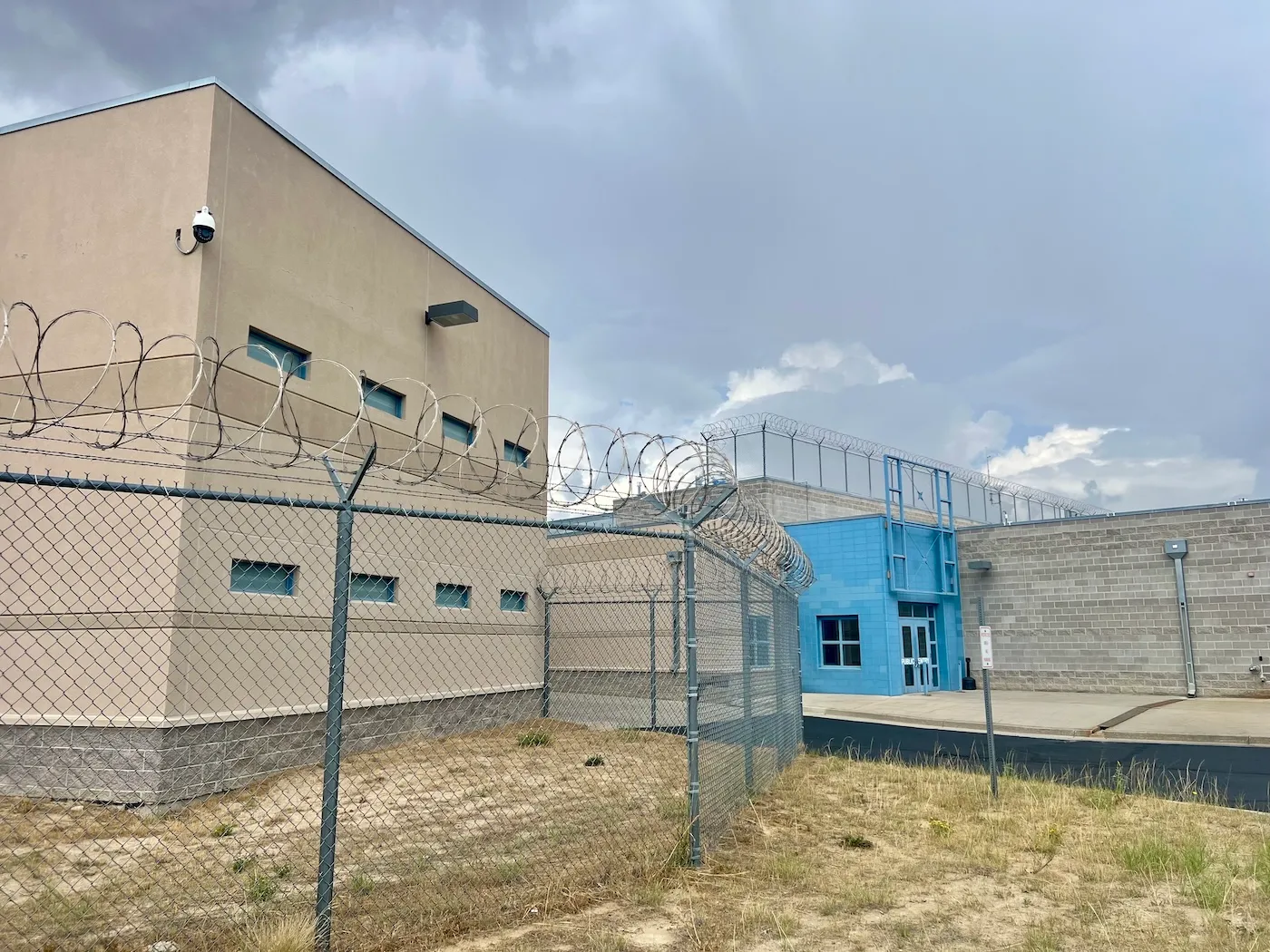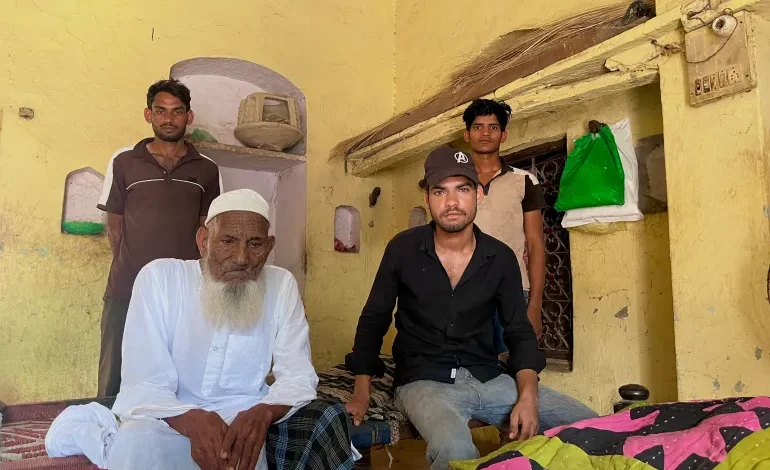Fifty years after India’s national Emergency began on June 25, 1975, villagers in Uttawar reflect on a dramatic episode in which Mohammad Deenu and other local men were forcibly sterilised. The event was part of a broader programme during which an estimated eight million Indian men underwent vasectomy, often under coercive conditions .
In the cold night of November 1976, authorities surrounded Uttawar and summoned men of reproductive age to a village ground. Deenu, now in his late 90s, recounts how he stayed behind in protest while many villagers fled into the forest. He and 14 other men were taken to makeshift camps where they were sterilised. At the time, Deenu believed the action might protect the village from harsher consequences, but in later years he described his vasectomy as a “sacrifice.”
Neighboring villages shunned Uttawar afterward. Marriages arranged to include men from Uttawar were called off. Those sterilised suffered lasting mental trauma; some fell into depression or early death, according to local social workers.
India launched a national family planning programme in 1952, aiming to limit population growth. By the 1960s, it escalated into aggressive tactics. The Emergency period, marked by suspended civil liberties and press censorship under Prime Minister Indira Gandhi, saw sterilisation quotas enforced by administrative penalties — including suspensions and withheld irrigation — to ensure compliance.
The international community also played a role. The World Bank and the U.S. backed the effort financially, and aid and loans were contingent on successful population-control measures.
An estimated six million vasectomies occurred in 1976 alone, with approximately 2,000 deaths resulting from complications. Many affected by the programme lived in fear long after the Emergency ended in 1977. Deenu remains the last surviving sterilised man from Uttawar. He now has three grandsons and several great-grandchildren, a living testament to the village’s resilience.
While India’s national fertility rate has since fallen to around two children per woman, experts warn of echoes of Emergency-era authoritarianism in today’s politics. Some argue that current restrictions on media and dissent show similarities to those decades-old challenges .
With input from Al Jazeera










The latest news in your social feeds
Subscribe to our social media platforms to stay tuned